
Antarctica Ice Sheet Grows for First Time in 30 Years, Surprising Scientists
Antarctica Ice Sheet Grows for First Time in 30 Years, Surprising Scientists
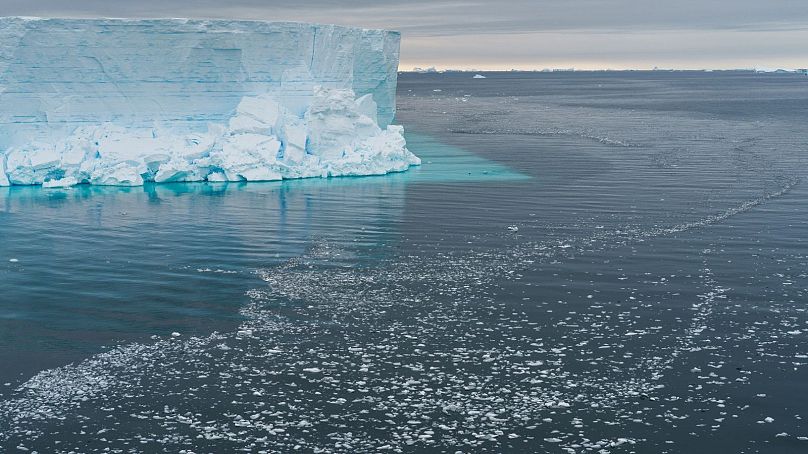
Antarctic Ice Sheet Shows Unprecedented Growth (2021–2023)
In a surprising turn of events, Antarctica’s vast ice sheet has recorded net mass gain for the first time in over three decades. According to a new study published in Science China Earth Sciences, the Antarctic Ice Sheet (AIS) added ice mass at a remarkable rate between 2021 and 2023, primarily due to abnormal increases in precipitation.
This recovery marks a stark contrast to the persistent ice loss observed since the early 1990s, and could have short-term implications for global sea level rise.
Satellite Data Confirms Antarctica’s Ice Gain
Researchers from Tongji University and other international institutions analyzed satellite gravimetry data from NASA’s GRACE and GRACE-FO missions. These missions use shifts in Earth’s gravity to detect changes in ice mass.
Key findings include:
-
Between 2011 and 2020, Antarctica was losing around 142 gigatons of ice per year.
-
From 2021 to 2023, this trend reversed, with a net annual gain of 108 gigatons.
-
This gain temporarily offset global sea level rise by approximately 0.3 millimeters per year.
Major Glaciers in East Antarctica Drive the Recovery
The most dramatic ice gains occurred in several critical glacier basins in East Antarctica, especially:
-
Totten Glacier
-
Denman Glacier
-
Moscow University Glacier
-
Vincennes Bay
These regions, along with Wilkes Land and Queen Mary Land, had previously shown rapid ice loss between 2011 and 2020. The new data reveals a significant rebound in these basins, challenging previous forecasts of unstoppable retreat.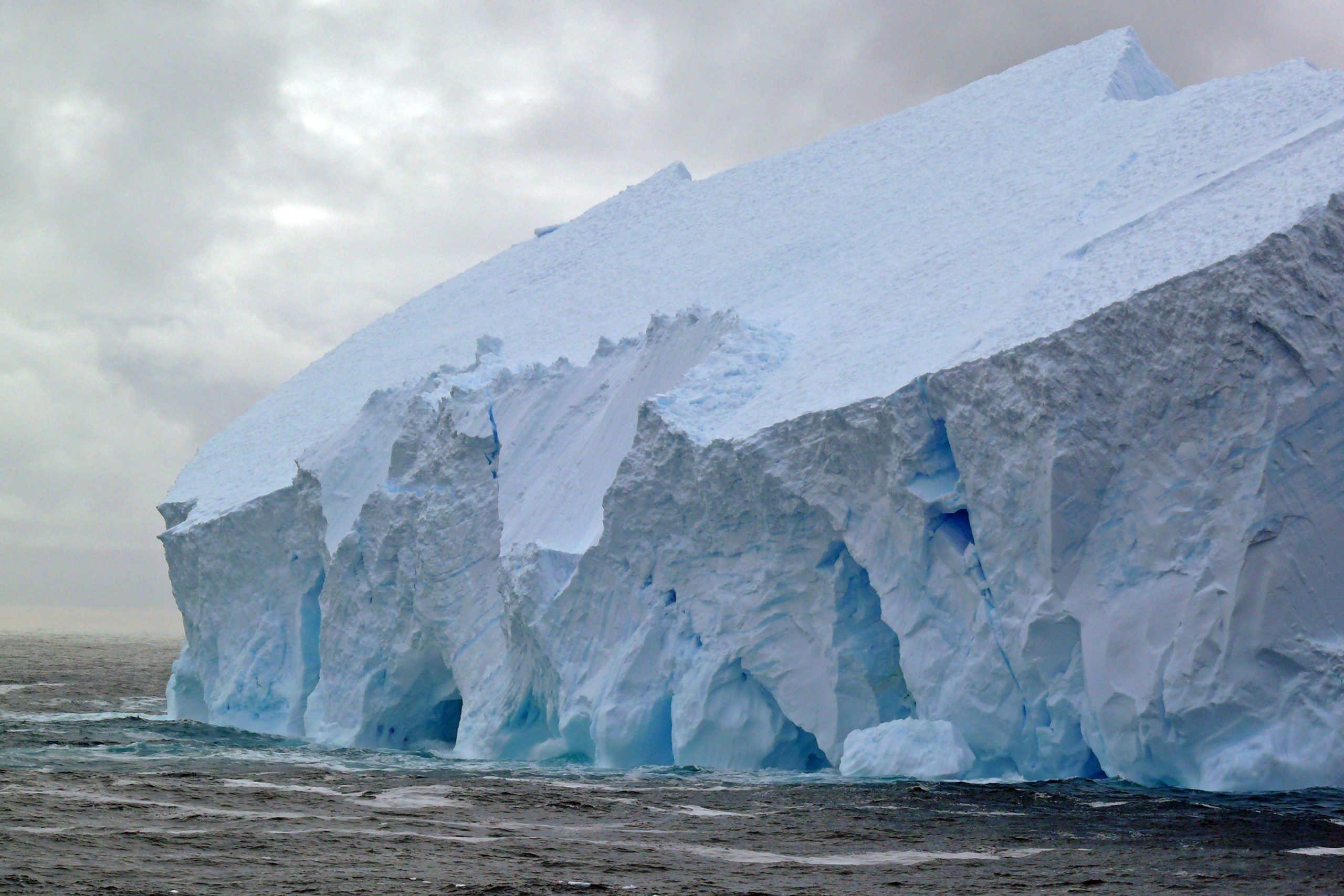
Why Is Antarctica’s Ice Growing?
Researchers attribute the unexpected ice sheet expansion to unusual weather patterns—specifically, increased snowfall and precipitation events during the study period. However, scientists warn that these patterns are likely temporary and do not signal an end to climate concerns.
“This gain is linked to anomalous precipitation, which may not persist,” the study notes. “Without broader climate shifts, the recovery is likely to be short-lived.”
Implications for Climate Science and Sea Levels
The Antarctic Ice Sheet holds over 60% of Earth’s freshwater, making its behavior critical to long-term sea level projections. While this short-term mass gain is unexpected, it underscores how climate systems remain dynamic and sensitive to fluctuations in precipitation and temperature.
Key takeaways:
-
The growth of Antarctica’s ice sheet is a rare phenomenon in the context of global warming.
-
It does not negate long-term climate risks.
-
Scientists urge continued monitoring to assess whether this rebound could signal a longer-term trend or merely a brief pause.
Final Thoughts: Is the Climate Crisis Over?
No—scientists emphasize that despite this short-term ice growth, the climate crisis remains urgent. The overall trend for both Antarctica and Greenland continues to point toward net ice loss, driven by rising global temperatures and changing ocean currents.
This unexpected growth is a reminder of nature’s complexity, but not a reason for complacency. Sustainable climate policy, international cooperation, and continued research are essential to understanding and mitigating long-term environmental changes.
News in the same category


Taste The Toxin? Shocking Lawsuit Targets Skittles Over Alleged Toxic Ingredient

‘Japanese Baba Vanga’ Predicts Mega-Tsunami in July 2025 — Warns of a ‘Boiling Sea’ South of Japan
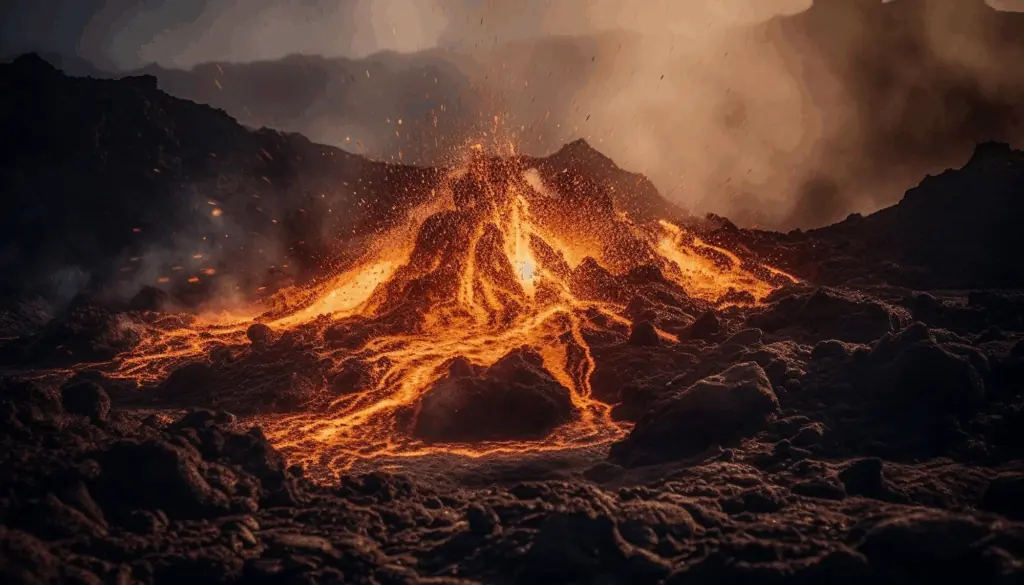
300,000 Americans On Edge As Massive 11,000ft Volcano Shows Signs Of Imminent Eruption

Wildlife Photographer Captures Alligator With No Bite – Internet Baffled How It’s Still Alive
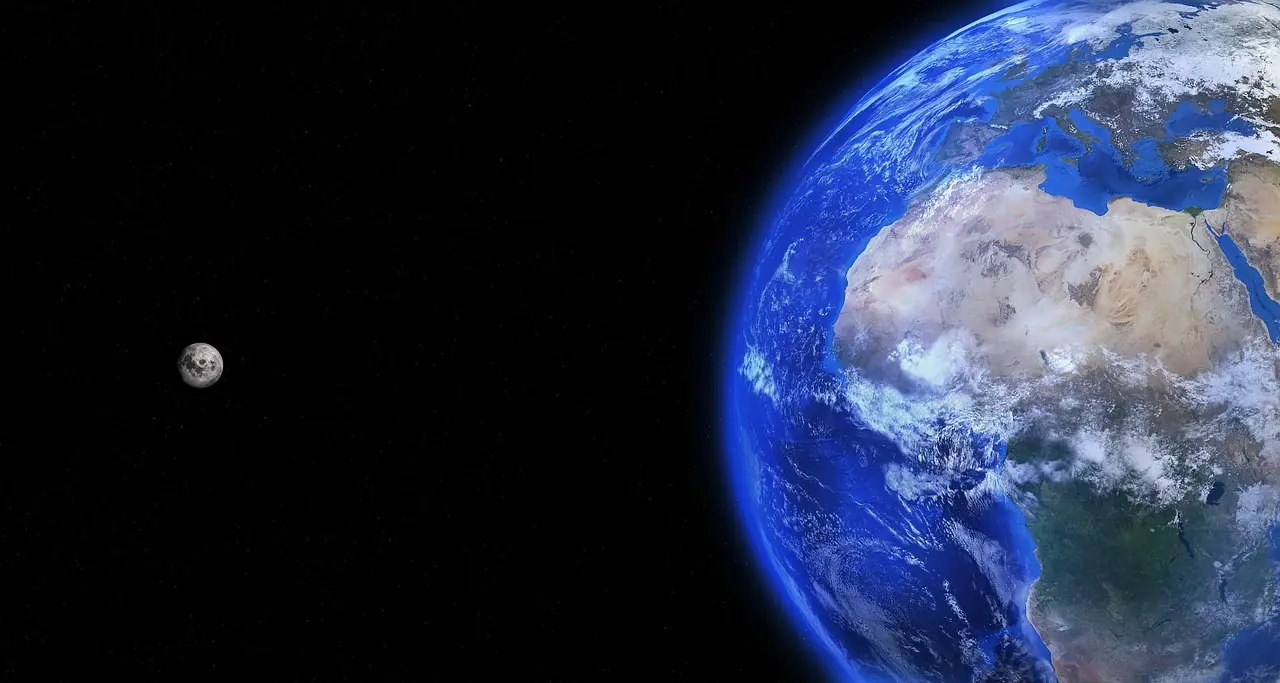
Scientists Stunned By 3.5 Billion-Year-Old Crater Holding Earth’s Earliest Secrets

Massive 100-Mile-Long Lake Mysteriously Reappears 130 Years After Vanishing

Persistence Hunting: How the San People of the Kalahari Master the Art of Endurance
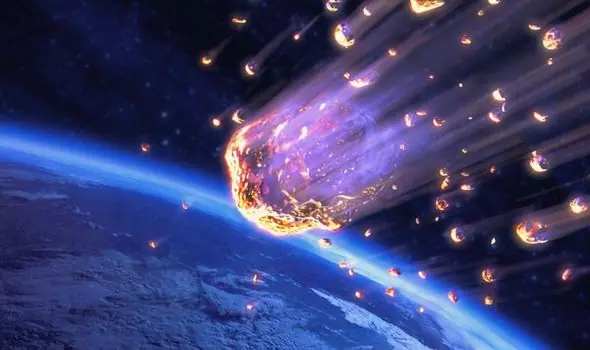
Halley’s Comet Is Back, But This Time, It’s Raining Fire

Greece Rocked By Massive Earthquake As Tsunami Warning Sparks Panic

Sun Unleashes Monster Flare As Scientists Say Earth Could Be Hit By Massive Solar Storm Tomorrow

Modern House Fires Burn Faster: Why You May Have Only 3 Minutes to Escape
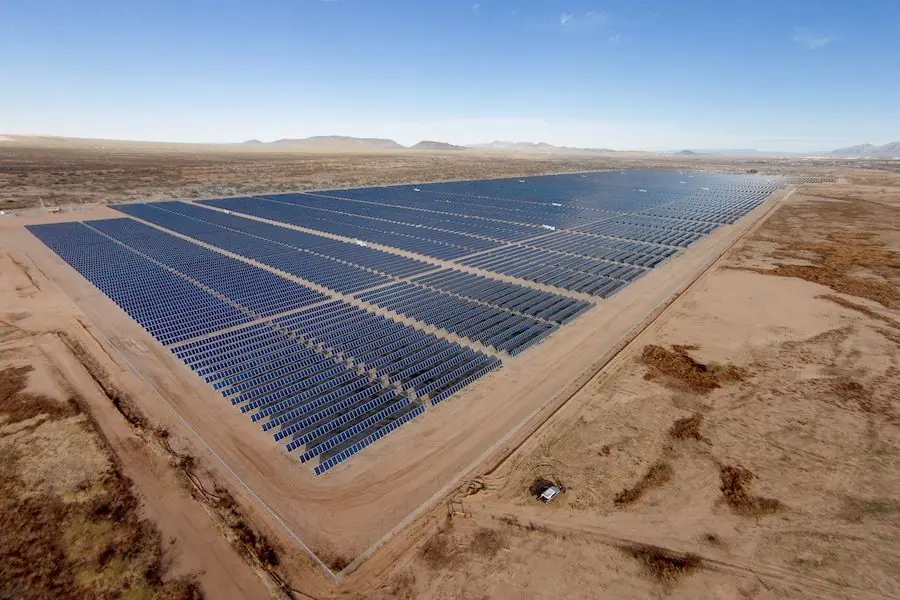
Could the Sahara Desert Power the Entire World with Solar Energy?

Drunk Bees? How Fermented Nectar Affects Honeybees in Australia
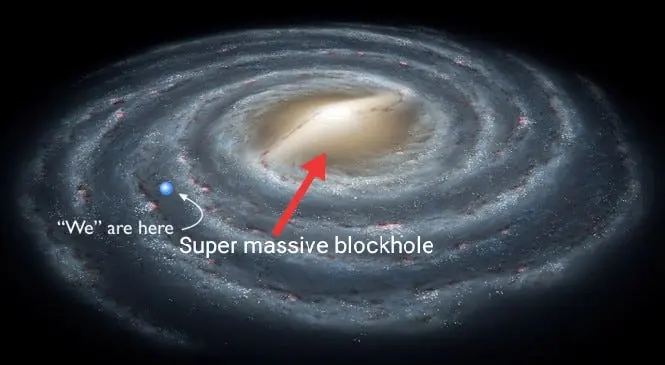
How Small Earth Is in the Universe—And Why That Should Inspire Us

$20 Trillion Tunnel Could Zip You From U.S. To U.K. In Just 54 Minutes
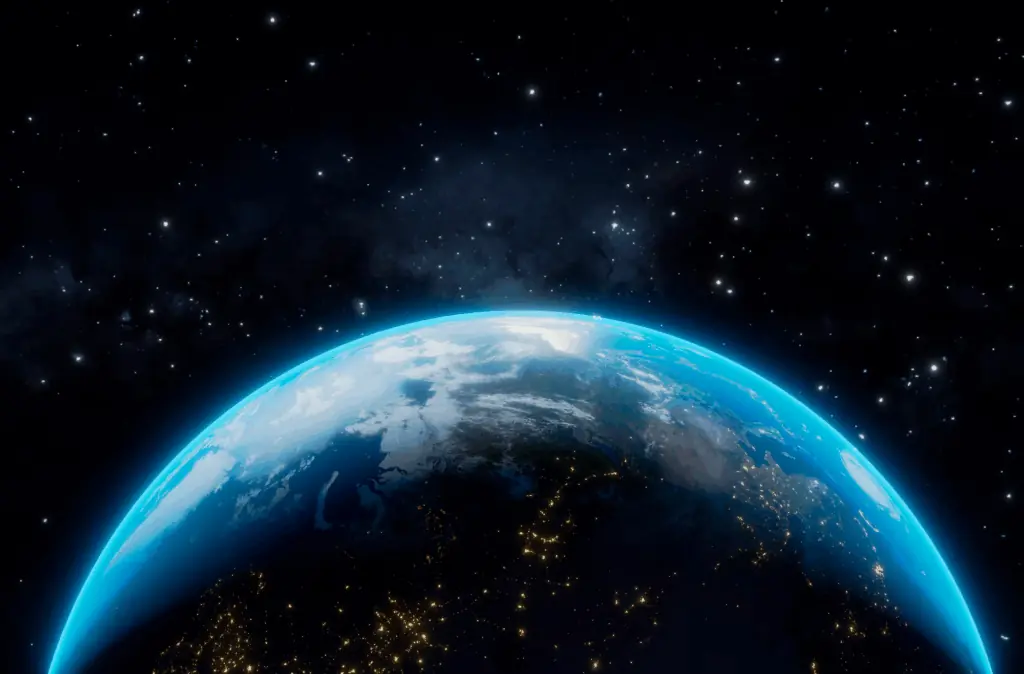
Scientists Baffled By Earth’s Mysterious 26-Second ‘Heartbeat’—Still No Clear Explanation
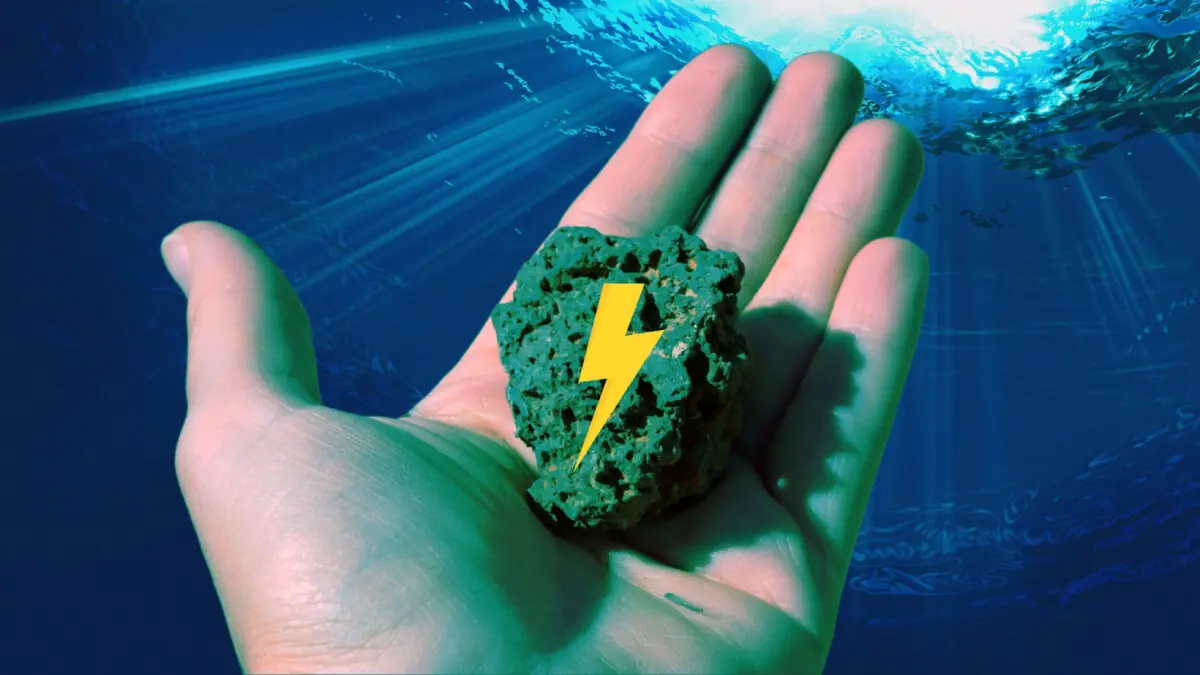
Deep-Sea Discovery: How “Battery Rocks” Are Producing Oxygen 4,000 Meters Below the Pacific

Understanding Evolution: Evidence That Species Evolve Over Time
News Post

👁️ TOP 5 Foods You NEED for Better Vision & Eye Health (SHOCKED DOCTORS!)

🥕 The Ultimate Morning Power Boost: Carrot, Ginger, Beetroot and Grape Smoothie

'Healthy and active' woman, 30, diagnosed with cancer after doctor ignored subtle symptom

8 Powerful Foods to Naturally Cleanse and Detox Your Liver

11 Heartbreaking Signs Your Dog May Be Nearing the End

Breakthrough Male Contraceptive Injection Offers Alternative to Condoms and Vasectomy

Scientists: 3 Days of Silence Is Enough to Rewire Your Brain

After My Divorce, I Was Bullied by My Ex-husband's Family – They Were Taught a Harsh Lesson by a Person I Didn't Expect

My Wife Kicked Our Foreign Exchange Student Out Because of Her Swedish Tradition – Karma Hit Hard the Next Day

5 of the Best Anti-Cancer Foods — It’s Time to Start Adding Them to Your Diet

My Boss Asked Me to Babysit His Daughter, but What I Found in the Basement Left Me Stunned

21-Year-Old Woman Diagnosed with Cancer Given Days to Live After Ignoring Early Warning Signs

Scientists Reach Bottom Of The Red Sea — What They Found Left Them ‘Shaken’

I Raised My Sister’s Son Like My Own for 15 Years — Then He Chose Her Over Me Because She Bought Him a Car

Taste The Toxin? Shocking Lawsuit Targets Skittles Over Alleged Toxic Ingredient

My Fiancé's Arrogant Family Pretended Not to Know Me & My Parents Until the Mayor Showed Up

HERMOSA Study Finds Just 3 Days Without Toxic Cosmetics Can Lower Hormone Disruptors

Woman Ignored ChatGPT’s Health Warning—Then Came a Cancer Diagnosis
